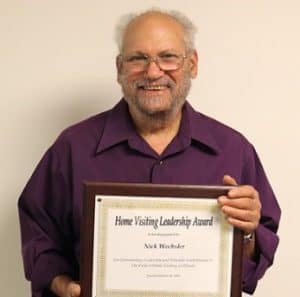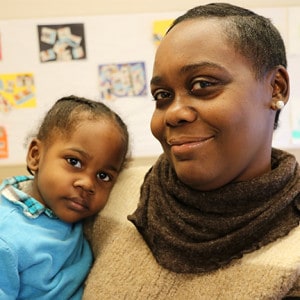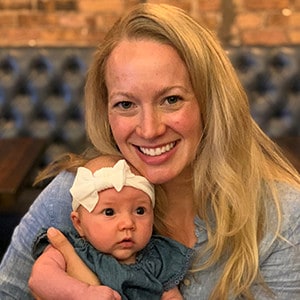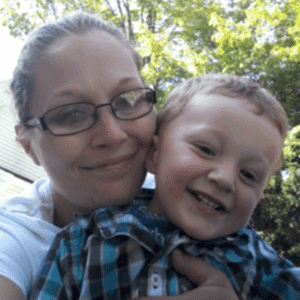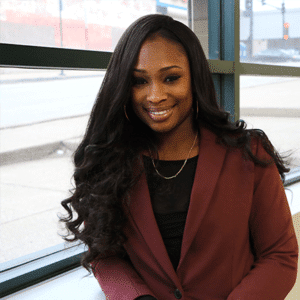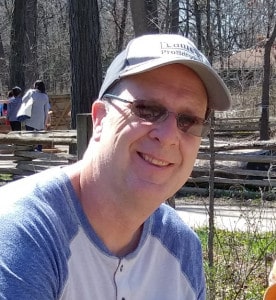Championing Home Visiting in Illinois and Beyond
“When I started working at Start Early,” Nick remembers, “we were primarily focused on providing home visiting to teenage parents. In fact, we were the only publicly-funded statewide network for home visiting.”
Throughout his first decade at Start Early, Nick trained and supported home visitors, helping them expand their base of knowledge and enhance skills and practice. He credits this early period for laying the foundation for Start Early’s own approach to home visiting. As early pioneers in the field, Start Early ultimately became a leader in innovating service approaches and advocating for better access to home visiting across Illinois.
The landscape is much different today – home visiting has become more professionalized and is evaluated with the highest level of scientific rigor. The federal government has created guidelines and funds home visiting services through Early Head Start programs. New legislation made possible by the 2010 Affordable Care Act allowed for $351 million to be appropriated annually to support approximately 150,000 parents and children through almost 1 million home visits a year as part of the federal government’s Maternal Infant Early Childhood Home Visiting (MIECHV) programs.
Reaching More Children and Families
Over the last three decades, the scope of Start Early’s home visiting work has expanded, and Nick’s work has been key to this development. Under his purview, work that was limited to teenage parents at the beginning has grown in its depth and breadth.
Start Early designs, delivers, trains and supports home visitors who work in under-resourced communities, including home visiting for mothers experiencing homelessness, as well as those in the criminal justice system. Nick and Start Early have also been working with state advocates and local communities to establish a new approach to this work – universal newborn supportive services – which offers all parents home visiting in the first weeks after birth.
“Nick has dedicated years of professional service to support and promote healthy interactions between babies and the people in their lives they count on most to nurture, teach, love and protect them. He exudes a reflective mindset that has shaped many of us as professionals, and he is a trusted and highly valued thought partner, mentor and colleague,” Kelly Woodlock, vice president of national home visiting, says.
Start Early congratulates Nick for this great recognition and we thank him for his commitment to serving children and families!
“The recognition is a bit awkward, yet it also fills me with great gratification and joy. It truly makes my career’s work visible. Knowing that ideas and labor that came from within me have become useful tools for home visitors, that my creations reach into homes and become meaningful in the lives of children and parents during home visits throughout Illinois – this is a personal and professional treasure,” says Nick.

